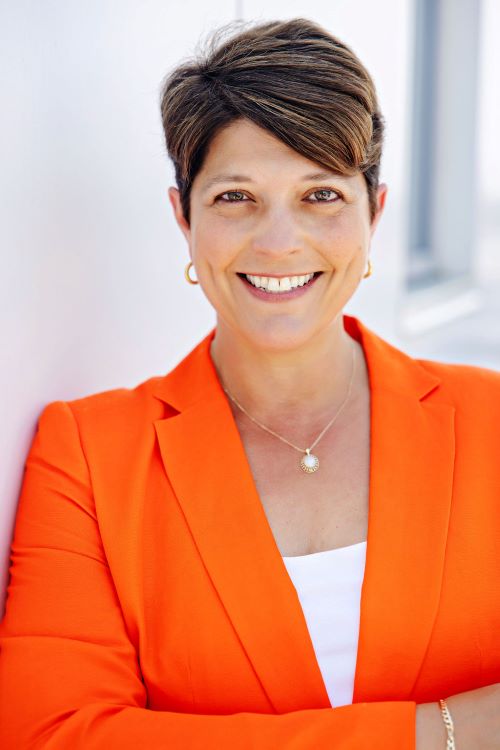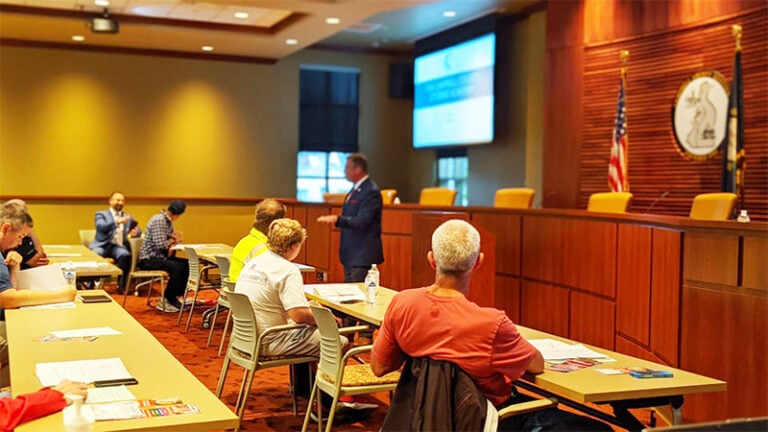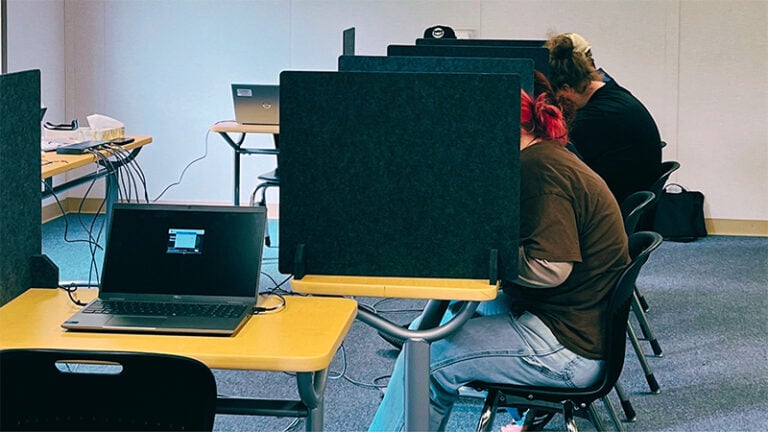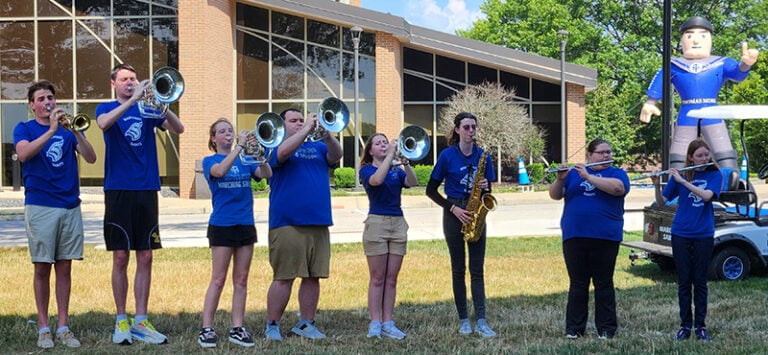By McKenna Horsely
The Kentucky Lantern
Northern Kentucky University President Cady Short-Thompson said in an email to the campus Friday that it would join the University of Kentucky in dissolving the Office of Inclusive Excellence.
The move follows legislative pressures on DEI initiatives at state universities and changed the formula for performance-based funding of higher ed to exclude any “race-based metrics or targets.”

Short-Thompson wrote in an email to campus: “The circumstances under which universities across the Commonwealth and the country find themselves, coupled with the legislative priorities of state leaders for the upcoming session, require universities to change.”
Short-Thompson that she was dissolving the Office of Inclusive Excellence after Chief Diversity Officer Darryl Peal stepped down from his role. She also announced interim employees who will oversee Title IX regulations and investigations at NKU.
Earlier this month, the University of Kentucky announced it was disbanding its Office for Institutional Diversity and would establish a new Office for Community Relations.
UK President Eli Capilouto cited political concerns in his email to the campus.
While university members “share the value that out of many people, we are one community,” Capilouto wrote, “the university has also “listened to policymakers and heard many of their questions about whether we appear partisan or political on the issues of our day.”
Republican lawmakers target diversity in higher ed
The closings come on the heels of legislative scrutiny of diversity, equity and inclusion (DEI) programs and initiatives in higher education both in Kentucky and across the country. Republicans pushed anti-DEI bills during Kentucky’s 2024 session, although none were enacted.
One policy change did make it through the session. The Republican-controlled legislature changed the formula for performance-based funding of higher education to prohibit the use of “any race-based metrics or targets.”

Criticism of diversity programs has continued during the legislative interim as Republican lawmakers have challenged university officials. During an Interim Joint Committee on Education meeting in July, Rep. Emily Callaway, R-Louisville, asked Short-Thompson how her son, who will soon go to college, could feel welcomed at an institution like NKU when there are no organizations specifically for white students. Other public universities are expected to give presentations on DEI during the committee’s September meeting.
University of Louisville spokesperson John Karman said Thursday that there “are no plans to eliminate the UofL Office of Institutional Equity.” According to the office’s website, it “oversees initiatives aimed at fostering inclusive excellence” at UofL and offers resources and training to the campus and community.
“The office serves all UofL students as they progress and complete their degrees,” Karman said. “The success of all our students is UofL’s highest priority.”
Revisiting, reviewing
Other higher education officials in Kentucky told the Lantern that they are revisiting their diversity, equity and inclusion (DEI) resources and reviewing how to best meet the needs of all students.
Aaron Thompson, president of the Council on Postsecondary Education said in a Thursday afternoon interview with the Kentucky Lantern that CPE and public universities have had discussions about how to ensure they are serving all students and that he hopes to continue the conversations in the next legislative session.
“My goal is to try to show people exactly the power we have by inclusion and having people feeling like they belong on a campus, no matter what their backgrounds are,” he said.
CPE oversees Kentucky’s public universities and community colleges.
“My goal is to try to show people exactly the power we have by inclusion and having people feeling like they belong on a campus, no matter what their backgrounds are,” he said.
Thompson added that CPE specifically is reviewing “what it means for us to make sure that we’re pushing policy and design that will serve all of our students.” That will look like “ an access and success mission,” he said. CPE is asking itself guiding questions like: “Are we getting students from our population groups that are needing to get into college to get a degree that will become part of our economic development system?”
If not, Thompson said, then “we need to make sure we work on getting those students.”
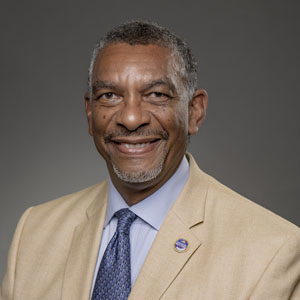
“It’s our goal — the campuses’ and my goal — to continue to work in ways that we serve students, and we invite all students to come to us,” Thompson said. “We would always want any student to feel like they’re welcome in our doors and that they, in fact, are going to come to us and get the kind of degree or credential that they need when they leave our doors to have a well paying job, and hopefully they all stay in Kentucky.”
Western Kentucky University “is committed to a safe and welcoming campus with top-ranked faculty and staff, ethical and transparent policies and a thriving, diverse student body prepared for success as global citizens,” spokesperson Jace Lux said in a statement.
“Our focus is not on programs, initiatives or activities but rather about fostering a sense of belonging so that every individual who comes to our campus to study, teach, live, compete or visit finds their place and recognizes that they are an integral part of our community,” Lux continued. “As always, we will monitor all legislation that could affect higher education throughout the upcoming legislative session.”
Murray State University said in a statement that its Office of Institutional Diversity, Equity and Access “is focused on equal opportunity including Title IX and operates in a compliance function for complaints, investigations and training regarding illegal discrimination and illegal harassment consistent with the University’s non discrimination statement,” per state and federal laws.
“This office has a responsibility for remaining impartial and therefore holds no advocacy role,” MSU said.







